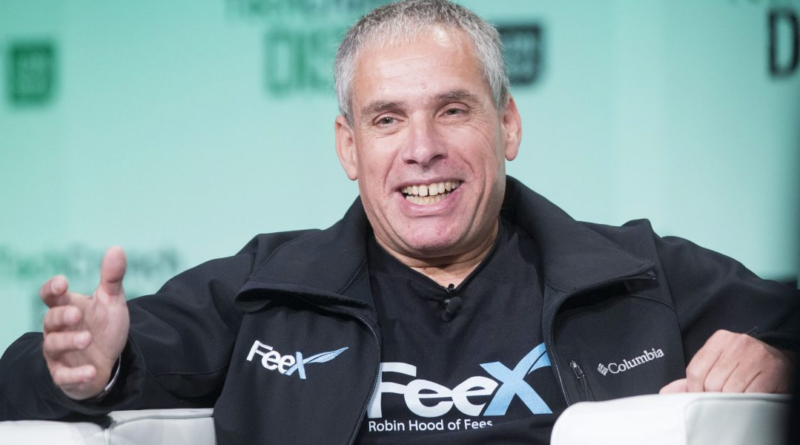Waze cofounder Uri Levine said he uses a 30-day test to determine if he should fire a new employee
New hires can’t get a break: Waze’s cofounder Uri Levine has revealed that after endless rounds of interviews and tests, under his leadership, they have to spend their first 30 days proving they’re right for the job—or they’re fired.
The traffic and navigation app mastermind and serial entrepreneur told Lenny’s Podcast that he started the recruitment practice after noting that “about half” of the failed startups he spoke to blamed their demise on not having the right team.
The “scary” part, the Israeli boss added, is that all of them knew which workers weren’t a right fit within weeks of them starting.
“If you knew within the first month that the team is not right and you didn’t do anything, the problem was not that the team was not right,” he adds. “The problem was that the CEO did not make hard decisions.”
Levine has founded 10 companies (including two unicorns and Waze, which he sold to Google for $1.1 billion in 2013), served on the board of 20, and has advised more than 50 startups.
In the end, he warned that underperforming employees can corrode company culture, send away top performers, and make succeeding as a startup “mission impossible.”
It’s why he advised: “Every time that you hire someone new, what I really want you to do is mark your calendars for 30 days down the road and ask yourself one question: Knowing what I know today, would I hire this person?”
If the answer is yes, he suggests reaching out to the employee immediately, giving them more equity in the company to buy “their loyalty for life.”
But if the answer is no, he advised: “Fire them immediately”—for both their sake and that of the businesses.
“They’re already set on a trajectory of not being successful and they are creating damage to you, to the rest of the team, and to themselves,” Levine said.
“They deserve to find someplace else that they can be successful.”
But it’s a two-way street
The 30-day review doesn’t have to be limited to new hires. Levine said he uses it for every move he makes—business or personal.
“Everything in your life, ask yourself, knowing what you know today, would you do something different? If the answer is yes, then do something different today,” the 59-year-old serial entrepreneur added. “Today is the first day of the rest of your life.”
It’s why the 30-day review applies as much to employers as it does to new hires.
At least, that’s the advice Levine has given his five children, who are in their twenties and thirties, when they’re having career struggles.
“I basically tell them, if you’re going to work in a place and you don’t like it, then what I want you to do is ask yourself why you are not liking it and whether or not there is something that you can change,” he says.
“I’m going to ask you the same question in 90 days from now and if this still is the case, then quit.”
Why 90 days? Because some decisions take a little more time. For example, you may be waiting for your manager to sign off on changes if you’ve expressed unhappiness with a certain aspect of your role or team.
Whether it’s 30 days or 90 days, it’s setting that date in your diary that is key: “If you don’t set a timeline, it will never happen,” Levine concludes.
Fortune has reached out to Google and Levine for comment.




